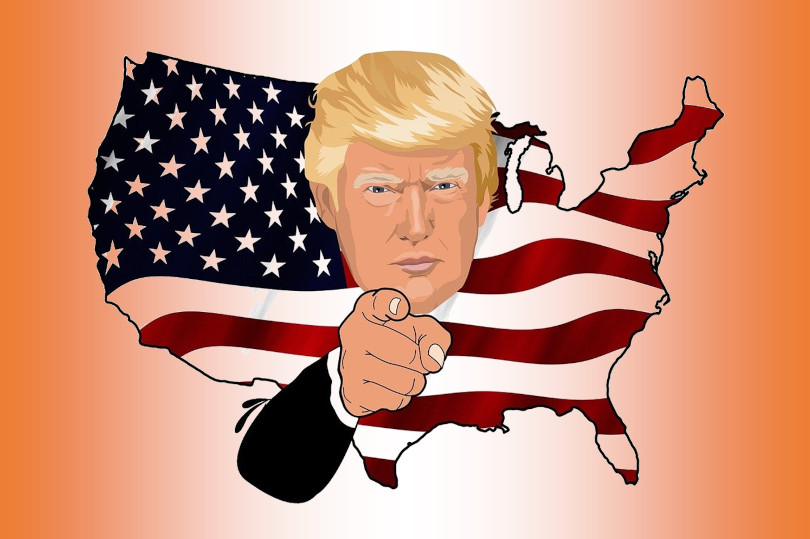In the early morning hours of Wednesday, November 6, 2024, Donald Trump was elected to a second presidential term. The feat came with several historical firsts. In claiming victory, Trump became the first president to serve nonconsecutive terms since Grover Cleveland in 1892. He also became the first president to be reinstated following impeachment—let alone two impeachments—and to be elected after facing a felony conviction. The list goes on. No other president has claimed to have had a previous election stolen from him, rejected a peaceful transition of power, or threatened to abolish (instead of transform) government agencies.
For many, this was a shock upset. Scores of politicians, analysts, and voters had completely put the thought of another Trump presidency out of their minds for good. They believed that he’d shown his true colors during his first term and the years that followed, and that those colors were too unsavory for the American public. They believed that a felon couldn’t make it into the Oval Office. They believed that there was nothing to worry about, for on election night, America’s moral center would be revealed. And so it was.
Throughout this campaign cycle as throughout Trump’s previous one, the slick, unassuming power of his rhetoric was hideously underestimated. The President-elect’s chances were largely counted out as soon as Vice President Kamala Harris became the Democratic nominee. How could an eloquent, studied, policy-minded politician with experience in all three branches of government lose to a man currently on trial?
Harris herself was so confident in the average American’s capacity for critical thinking that during her and Trump’s televised debate, she invited Americans to attend one of his rallies. The subtext of her wry request was the suggestion that once one arrives in such an environment, it becomes unmistakably clear that she is the only sane choice. But if things were this simple, would the polls have ever been so close? To invite voters to a veteran provocateur’s rallies is to put them at risk of abandoning you. Ironically, Trump demonstrated a better understanding of populism in his rejoinder than was ever evinced by Harris’ mockery: “The reason they go is [because] they like what I say.”
The Democratic Party and liberal media failed, again, to properly assess the danger of Trump’s campaign because they were too focused on leading horses to water and trying to make them drink. The problem with this is that in today’s hyperpoliticized media and social landscape, the water that Trump offers will always appear more refreshing. Trump promises the dissolving of accountability. To drink his water is to be absolved, to be comforted by the notion that your problems are never your own fault but someone else’s. To drink Harris’ water is to be called to action, to perform an honest, often painful self-examination. And where do these dismal truths leave us? Hopefully with the understanding that the common-sense approach isn’t as ironclad as we once thought. Perhaps we might ask, “Horse, are you even thirsty?”
Featured image courtesy of pixabay.com.


